Ryan White Part A Program
Who Was Ryan White?
Ryan White was a young man from Indiana who acquired HIV through a contaminated blood treatment he received as part of his therapy to address his hemophilia.
Ryan was diagnosed with HIV at the age of 13 in December 1984 when little was known about the disease and there were few medical therapies. While in middle school, the school district barred him from attending classes. Ryan and his mother, Jeanne White Ginder, fought to educate the community about HIV and to gain the right to return to school.
After moving to Cicero, Indiana Ryan was able to go to school. Ryan’s efforts to educate the public did not stop there and he went on to meet with several Members of Congress about the need for comprehensive services to care for persons living with HIV.
In 1990, four months after Ryan’s death at the age of 18, Congress enacted the Ryan White Comprehensive AIDS Resources Emergency (CARE) Act. It is this legislation (as amended over the years) that supports Fulton County’s Ryan White Program to serve qualifying individuals in the 20-county Atlanta Eligible Metropolitan Area.

Ryan White Part A
Part A: By The Numbers
$28,567,847
Grant Year 2023 Award
17,501
Clients Served
558,984
Services Provided
Prescribed ART
Viral Load Suppression
- AID Atlanta
- AIDS Healthcare Foundation
- Atlanta Legal Aid
- Aniz, Inc.
- Cherokee County Board of Health
- Clarke County Board of Health
- Clayton County Board of Health
- DeKalb County Board of Health
- Emory Healthcare
- Fulton County Board of Health
- Grady Ponce Center
- Here's To Life
- Mercy Care
- NAESM, Inc.
- Positive Impact Health Centers
- Project Open Hand
- Someone Cares
- Southside Medical Center
RWPA - Minority AIDS Initiative (MAI)
MAI: By The Numbers
$2,8759,413
Grant Year 2023 Award
1,450
Clients Served
14,427
Services Provided
Prescribed ART
Viral Load Suppression
- AIDS Healthcare Foundation
- Grady Ponce Center
- Positive Impact Health Centers
- Project Open Hand
- Someone Cares
Part A 2023 Grant Year Impact
Outpatient Medical Care
15,721 clients served
127,873 services provided
Substance Abuse Outpatient Care
879 clients served
13,511 services provided
Dental Care
2,521 clients served
12,565 visits provided
Case Management
5,766 clients served
47,153 services provided
Mental Health Services
2,836 clients served
27,043 sessions provided
Medical Nutrition Therapy
375 clients served
38,717 visits provided
Health Insurance Payment Assistance
301 clients served
342 co-payments covered
Child Care Services
61 clients served
126 services provided
Medical Transportation
3,456 clients served
16,900 trips provided
Food Bank & Home Delivered Meals
2,367 clients served
242,449 meals provided
Translation Services
480 clients served
1,890 services provided
Legal Services
248 clients served
3,709 services provided
Peer Support
1,592 clients served
3,469 sessions provided
Referral for Healthcare & Supportive Services
7,884 clients served
23,186 services provided
Emergency Financial Assistance
31 clients served
51 services provided
Minority AIDS Initiative 2023 Grant Year Impact
Outpatient Medical Care
583 clients served
3,555 services provided
Case Management
539 clients served
8,940 services provided
Health Insurance Payment Assistance
263 clients served
296 co-payments covered
Medical Transportation
4 clients served
5 trips provided
Food Bank & Home Delivered Meals
289 clients served
671 meals provided
Referral for Healthcare & Supportive Services
252 clients served
960 services provided
